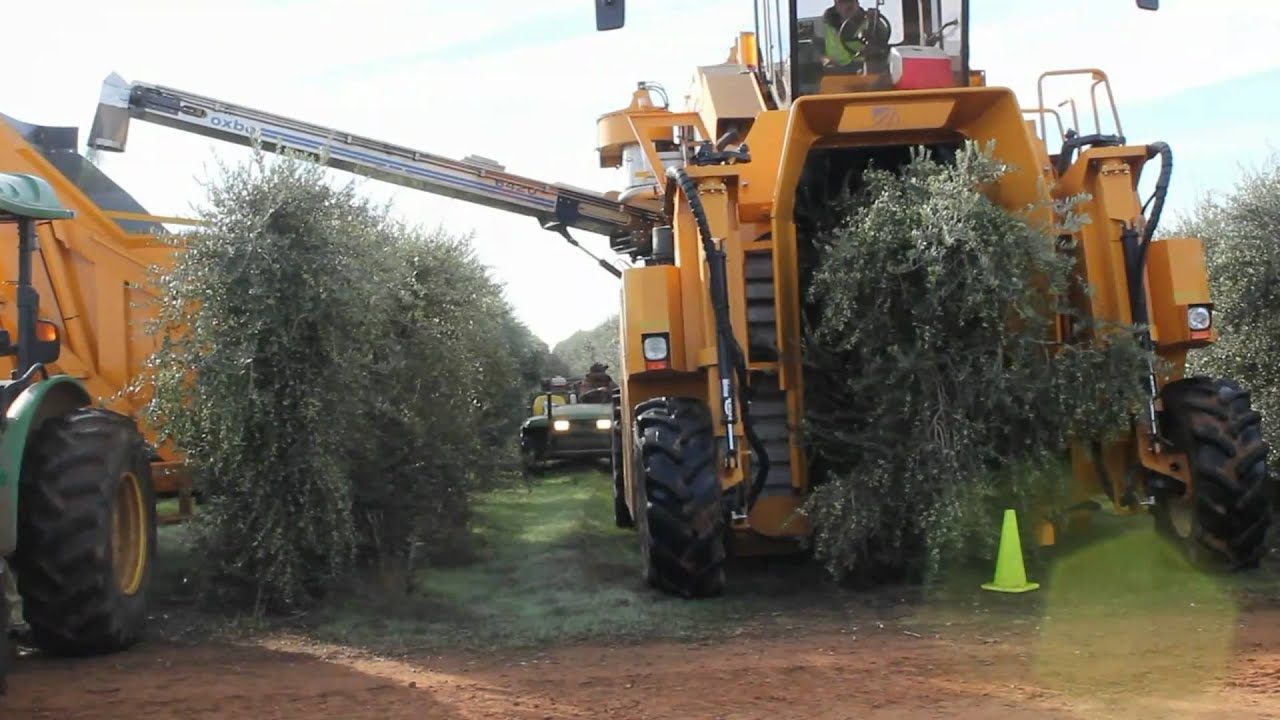Millions of birds vacuumed to death annually in Mediterranean
New research has discovered that millions of birds are being vacuumed up as part of nocturnal suction olive harvesting in the Mediterranean.
From October to January the machinery operates at night and in Andalusia, Spain, an estimated 2.6 million birds are vacuumed to death annually, with the regional government recently putting a stop to the practice. In Portugal, some 96,000 birds are thought to die every winter. The problem is feared to be so vast that Portuguese researchers have recently written a letter to Nature, pleading that nocturnal olive harvesting is ceased.

Roosting birds are helpless as the machines hoover up olives at night (Junta de Andalucía).
Huge numbers of birds from central and northern Europe winter in the Mediterranean, and while they are roosting at night the olive picking machines begin their work. The loud noise and dazzling illumination of the lights is thought to disorientate the birds, who are unable to escape and end up being sucked into the machines in large numbers. The trees are stripped at night because cool temperatures help preserve the olives' aromatic compounds.
The Andalusian government has already put a stop to the practice, but other Mediterranean countries – including France, Italy and Portugal – are yet to take action. A separate study found that nearly 100,000 birds die annually in Portugal as a result of suction olive harvesting. The research also found that, between December and January in Alentejo, an average of 6.4 birds died per hectare of intensive olive grove farmland.
This sample is small, and further studies will be undertaken when the harvest season recommences in October. However, the figures are worrying and – if Andalusia is a fair example – then suction harvesting consists of a serious threat to species wintering in the Mediterranean.

A commercial olive harvester at work (Oxbo via YouTube).
Domingos Leitão, from Portuguese Society for the Study of Birds (SPEA), said: "They [the birds] should not be subject to disturbance in the rest period. If the birds in one row of olive trees are frightened, they fly to another; the [EU's] Birds Directive says that they should not be disturbed during the rest period."
Nuno Sequeira added: "When negative impacts like these are detected, the authorities must act swiftly and accordingly. We are talking about hundreds of thousands of dead birds. The lack of regulation allows birds to die as well as other environmental impacts, such as soil erosion and contamination and pollution of aquifers with synthetic chemicals used in intensive and super-intensive agriculture."
UPDATE: A petition addressed to the relevant members of the Ornis Committee, a commission group responsible for administration of the Birds Directive, has been set up. You can sign it by clicking here.

